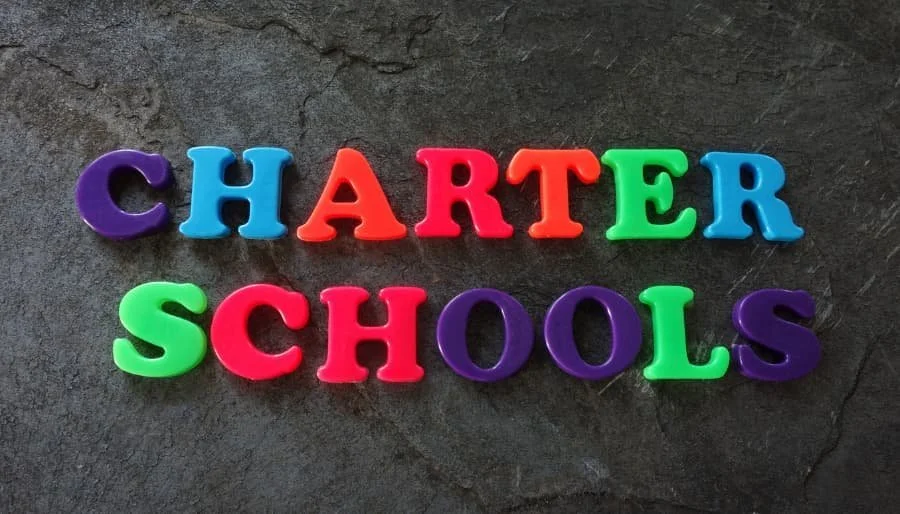Things You May Not Know About Charter Schools in Oregon
Although many parents choose charter schools for their children, others are unsure if this option can best meet their child’s educational needs. Additionally, some people have negative impressions of charter schools due to preconceived ideas about their impact on public school districts. To help you better understand charter schools, Oregon Charter Academy dispels prevailing myths about these academic institutions.
Myth: Charter Schools Are Private Schools
This is false. While charter schools operate separately from the public school district, they are not private. In other words, parents do not pay tuition to send their children to a charter school. Charters also allow any student to enroll, but some charter schools have an enrollment cap. Once one of these schools reaches its capacity, it may resort to a random lottery system to determine which prospective students to admit. Oregon Charter Academy does not have an enrollment cap.
By and large, charter schools mimic public schools more than they do private academies. For instance, both public and charter schools receive public funding from local, state, and federal government agencies, and each must meet requirements regarding health and safety.
Myth: Charter Schools Take Away Funding From Nearby Schools
One of the most frequently-used arguments against charter schools is that they deprive already struggling traditional public schools of financial support. Although charter schools obtain public funds, their overarching goal is to enhance educational opportunities. Unfortunately, some public schools fail to meet students’ needs, even with adequate funding to support them. Ultimately, charter schools augment the learning experience for students who may not otherwise have access to private education.
Myth: Charter Schools Are For-Profit Organizations
Charter schools are essentially independently-operated public schools, meaning they do not reap profits from providing education. The primary mission of any charter school is to put the instructional needs of children first in every situation.
That said, charter schools may form partnerships with businesses that provide educational services, such as textbook companies or cafeteria food suppliers. However, these business relationships are not unique to charter schools – public district schools also sign contracts with organizations to attain resources for their students.
Myth: Charter Schools Have Strict Enrollment Guidelines
Some parents mistakenly believe the enrollment process at charter schools is as involved as those at private schools. For example, some private institutions require students to go through interviews and write essays to apply. Since charter schools are government-funded, they feature open enrollment policies like public schools.
Another misconception around admissions is that charter schools can reject applicants. In truth, no school can deny a student entry based on their race, religion, gender, ethnicity, or disability status. This rule applies to private schools, but they can refuse to admit a student for almost any other reason. As mentioned, the only case in which a charter school does not accept a student is when it surpasses its capacity limits.
Myth: There Is No Accountability for Charter Schools
Since charter schools run independently of the public school district, some parents fear they have too much leeway with instruction. However, charter school agreements feature standards for student performance, the curriculum, disciplinary actions, and other managerial objectives. If a charter school does not meet these requirements, its authorizer can shut it down.
Besides their authorizing organizations, charter schools also are accountable to parents and students. If a parent is unsatisfied with the level of education their child receives, they can take them out of the charter school and search for other options.
Myth: All Charter Schools Provide the Same Learning Opportunities
Unlike many public schools, charter schools do not provide one-size-fits-all education. Some charter schools center instruction on a distinct subject, such as STEM or the performing arts, while others follow a specific learning technique, such as the Montessori method. A charter also may offer traditional, in-person classes or focus on virtual learning. Regardless of which charter school you enroll your child in, they are sure to have a unique educational experience.
Seek Virtual Charter School Education At Oregon Charter Academy
Despite these myths, charter schools continue to provide quality education to students nationwide. If you want to send your child to a virtual charter school, consider enrolling them at Oregon Charter Academy. We use state-of-the-art technology, instructional platforms and cutting-edge teaching practices to provide students with the skills necessary to succeed in an increasingly technology-focused and global society. Our tuition-free, online learning environment gives students the flexibility to attend class and complete schoolwork in any location with an internet connection.
Established more than 15 years ago, Oregon Charter Academy provides outstanding education to elementary, middle school, and high school students throughout Oregon. Contact us to learn more about our programs or enroll your child today.

